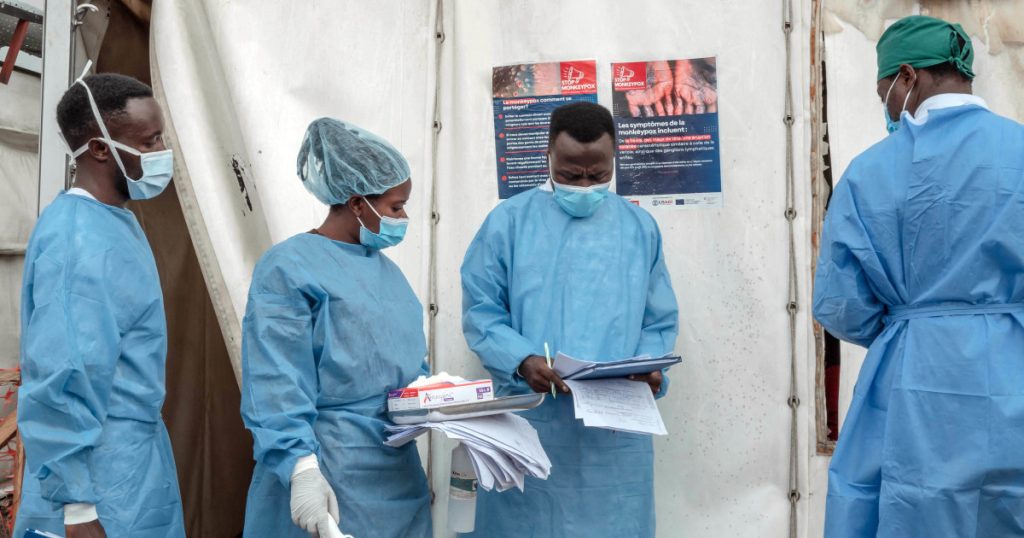Mpox has become a global health emergency as cases surge in Central Africa, with a new subtype of the virus spreading to multiple countries. This has prompted concerns about a lockdown over the virus, which causes severe illness and was formerly known as monkeypox. Mpox is a highly contagious viral disease that can cause flu-like symptoms and painful skin lesions. It is caused by the mpox virus, which spreads through close contact.
In response to a growing outbreak in the Democratic Republic of Congo and neighboring countries in Africa, the World Health Organization declared mpox a public health emergency of international concern (PHEIC). This is the second time WHO has declared mpox a PHEIC in two years, as the virus has spread to multiple countries in Africa. The risk of the current mpox outbreak spreading to people in the U.S. remains very low, but the resurgence of the virus has raised alarm among scientists.
Mpox is caused by the mpox virus, which belongs to the same family as the virus that causes smallpox. The virus is split into two clades, with clade I generally causing more severe disease and deaths. A new subtype called clade Ib has emerged in the DRC and is spreading rapidly through sexual networks. Clade II, which caused a multi-country outbreak in 2022, tends to be milder and more transmissible. The current outbreak in Africa has raised concerns about the virus’s spread and severity.
The mpox outbreak has spread to at least 13 countries in Africa, with the epicenter in the DRC. Clade I mpox has been reported in the DRC for over a decade, but the current outbreak is more widespread than previous ones. Cases of mpox have been reported in several countries outside Africa, including Sweden, the Philippines, and Pakistan. While the risk of mpox spreading to the U.S. remains low, experts are monitoring the situation closely.
There are no known cases of clade I mpox in the U.S. Clade II mpox, which caused the 2022 epidemic, is still circulating at low levels in the country. The risk of importing clade I mpox into the U.S. is very low due to limited travel and lack of direct commercial flights from affected countries. Experts believe that a major outbreak of mpox in the U.S. is unlikely due to the virus’s mode of transmission and the availability of vaccines to control it.
While mpox is a serious disease, experts do not expect it to lead to another lockdown like the one seen with COVID-19. Mpox is a known virus with existing tools to control it, including vaccines. Enhanced awareness and surveillance are important to monitor and prevent the spread of mpox. Prevention methods include avoiding close contact with infected individuals, animals that carry the virus, and getting vaccinated if at risk. Supportive care is available for those who become infected with the virus, and antiviral treatments may be prescribed for more severe cases or immunocompromised patients.













